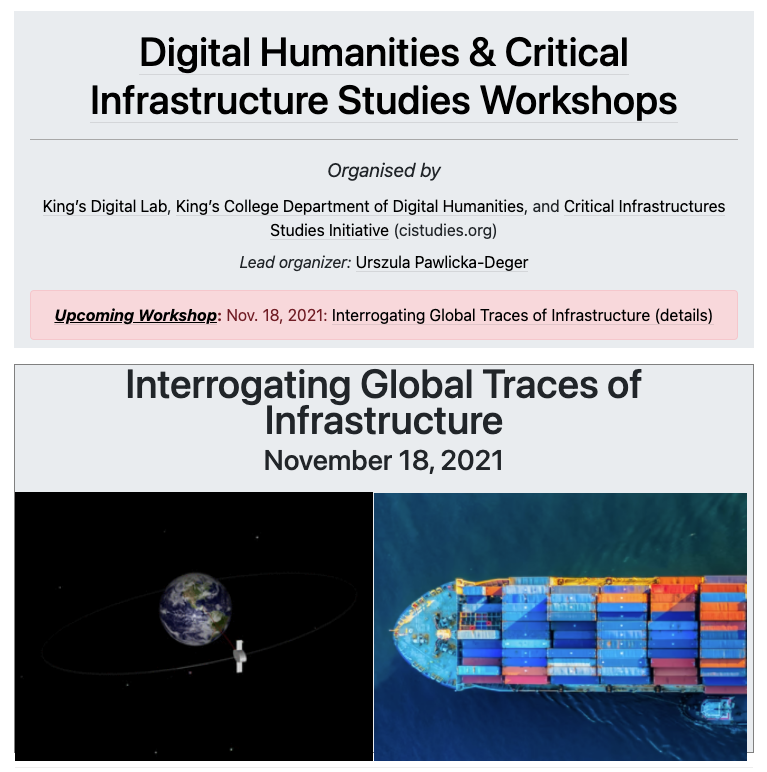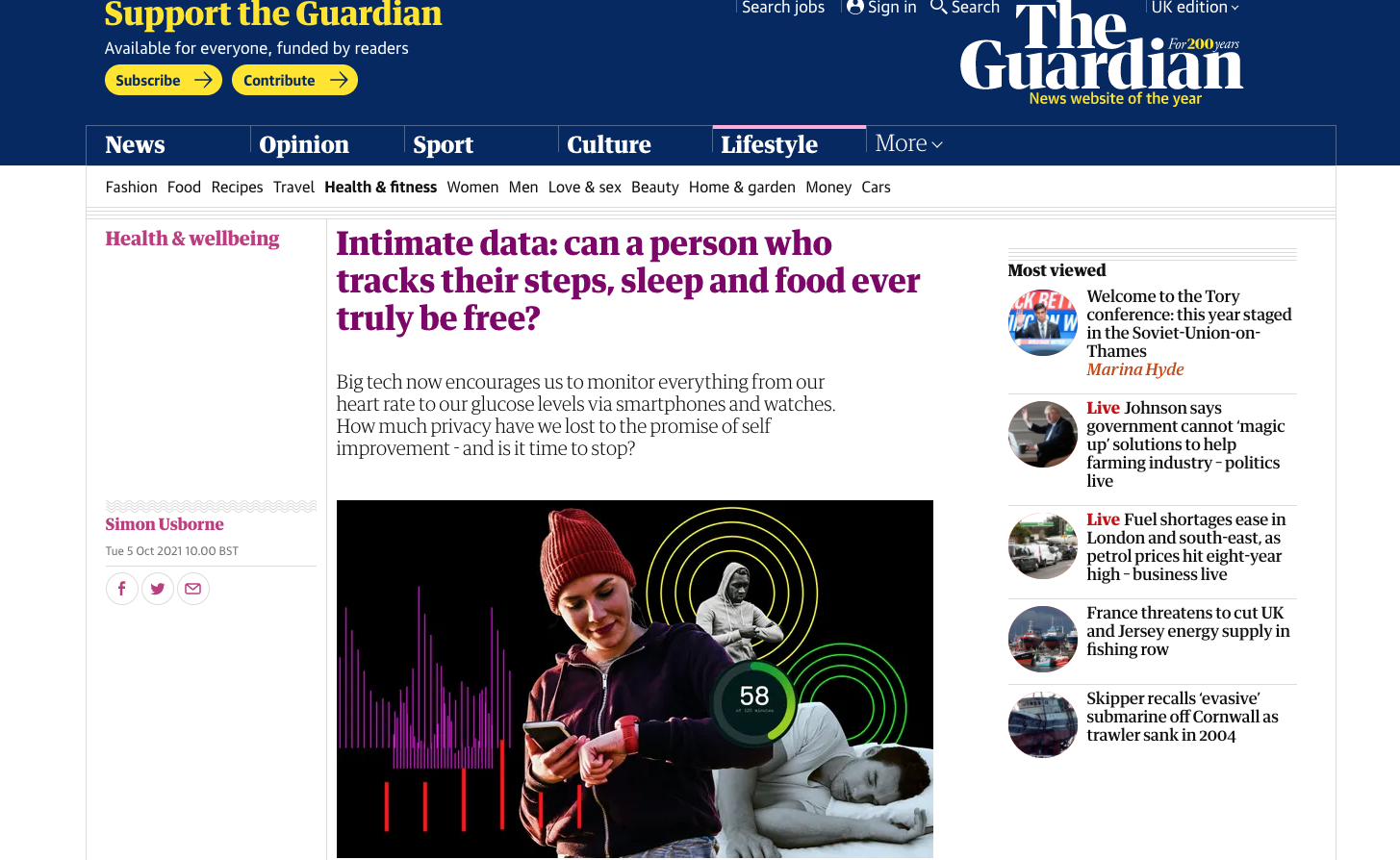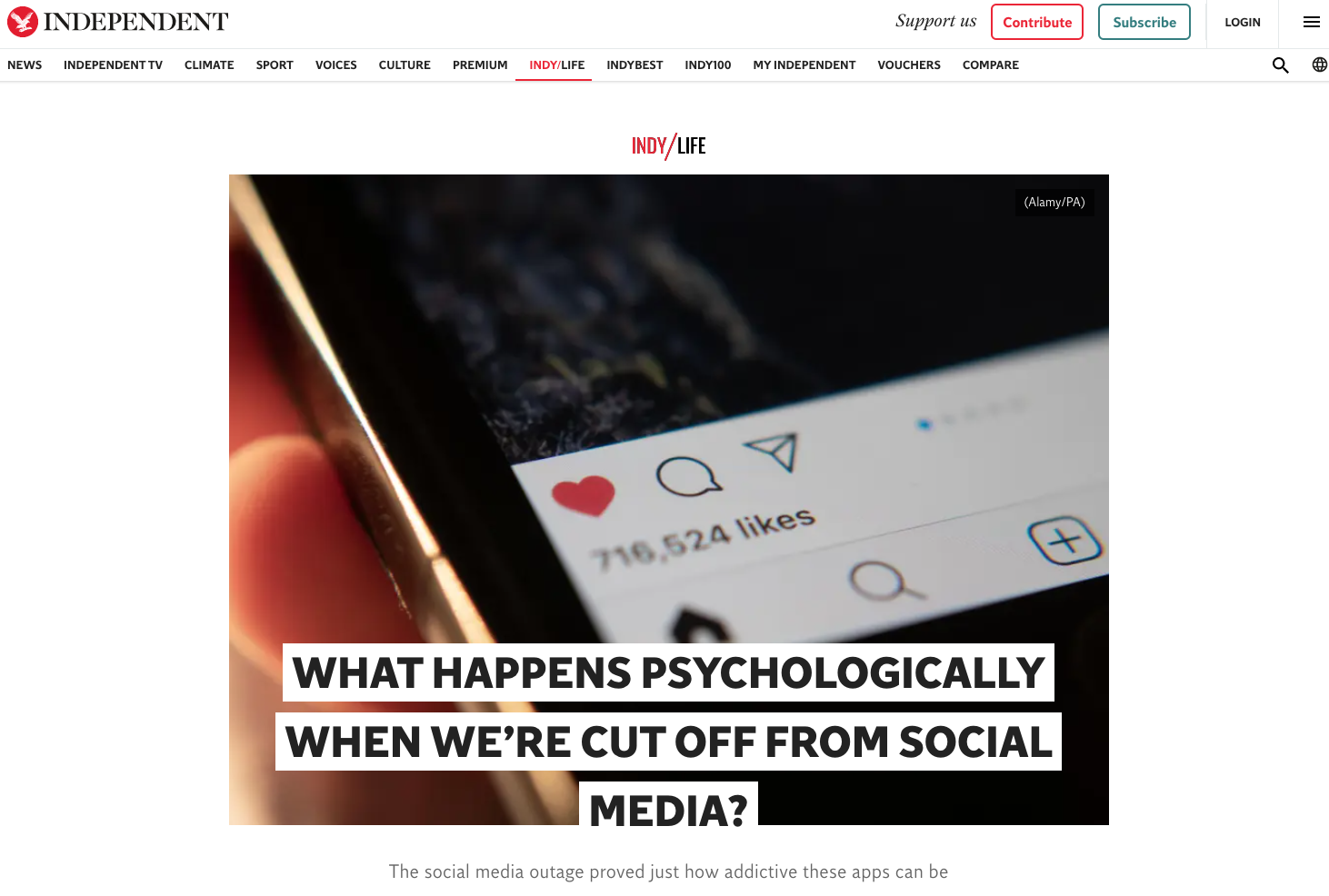Our Department is delighted to welcome colleagues who are currently contributing to the teaching of a range of our modules this semester. These new teaching staff include:
Dr Giota Alevizou, who is a digital media and communications scholar and holds fellowship positions at the Open University’s Knowledge Media Institute (KMi) at the LSE’s Media and Communication Department. Giota has expertise on the historical and political economic aspects of digital transformation in areas of knowledge and collective intelligence. She has developed numerous modules in those fields, and has published widely about the ways in which data literacies, ethics and digital citizenship intersect with information politics and rights, knowledge and education cultures. Her publications include the monograph, The Web of Knowledge: Encyclopaedias in the Digital Age (forthcoming, Cambridge Polity).
Dr Raquel Campos is a digital ethnomusicologist. Her postdoctoral research focuses on digital cultures and popular music. She is the 2019 winner of the Andrew Goodwin Memorial Prize awarded by the UK and Ireland chapter of the International Association for the Study of Popular Music.
With a PhD in Design from Politecnico di Milano, Dr Gabriele Colombo is a researcher at the Department of Architecture and Arts of the Università IUAV di Venezia and collaborates with DensityDesign, a research lab at the Design Department of Politecnico di Milano. He is affiliated with the Visual Methodologies collective of the Amsterdam University of Applied Sciences. He is a lecturer in the Final Synthesis Studio of the Master Degree in Communication Design at Politecnico di Milano, where he teaches ‘Digital Methods and Communication Design’. His research and teaching activities focus on the design of visual tools in support of digital social research, and on the design of novel strategies for the communication, exploration, analysis and valorisation of collections of images and videos.
Dr Taner Dogan is a Lecturer in Digital Media and Communication at Queen Margaret University, Guest Teacher at LSE, and the author of Communication Strategies in Turkey: Erdogan, the AKP and Political Messaging (2021 I.B.Tauris/Bloomsbury). He holds a PhD in Journalism from City, University of London and his research focuses on communications, politics, religion, art and culture in the Middle East.
Dr. Bianca Fox is a Senior Lecturer and Course leader at Nottingham Trent University. She holds a PhD in Communication Studies and has more than 15 years of teaching experience in HE. Prior to starting at NTU, Bianca was the Deputy Director of the Film, Media, Discourse and Culture Research Centre and Acting Head of Department at the University of Wolverhampton and a Lecturer at the University of Huddersfield. Bianca was a Visiting Scholar at the University of Westminster in 2011 and the University of Paris III: Sorbonne Nouvelle in 2015 and has been part of the research team of various European and worldwide projects. Her research interests lie primarily in youth studies, with a focus on media consumption and technology use and mental health, digital literacy, and digital inclusion.
Francisco Gallardo is an artist, an architect and a geographer. As Somerset House Studios alumni and as part of the duo FRAUD, Francisco has been awarded the State of Lower Saxony – HBK Braunschweig Fellowship (2019-20) for ‘Jable Pardo’, the King’s College Cultural Institute Grant (2018), and has been commissioned by the Contemporary Art Archipelago (2020, 2021, 2022), the Istanbul Design Biennial (2021), and the Cockayne Foundation (2018). Francisco’s recent work includes: ‘EURO—VISION‘ which has been presented at Arts Catalyst (2021), the 5th Istanbul Design Biennial (2020-1) and Radar (2020); ‘Carbon Derivatives’, shown at the Salon Suisse (the 57th Venice Biennale), the Whitechapel Gallery (2018), and the Somerset House (2018); ‘Terra Analytica’, exhibited at the Illingworth Kerr Gallery (2021) and the EIB’s Cultural Institute (2018); ‘Shrimping Under Working Conditions’, shown at Kunsthall Trondheim (2017) and the Empire Remains Shop in London (2016); and ‘The Right to Happiness’, exhibited at the Asia Culture Center in Gwangju (2019), and has been featured in ‘Behind the Smart World’, Radio Canada, and Asia Art Pacific.
Dr Ana Gross is a sociologist working at the intersection of multiple disciplines and collaborative projects researching the social aspects of science and technology. She has more than 20 years’ experience working as a social and cultural researcher and consultant in the arts, business, and academic fields.
Dr Maribel Hidalgo Urbaneja is the Post-doctoral Research Fellow for Worlding Public Cultures: The Arts and Social Innovation research project at the University of the Arts London. She obtained a PhD in Information Studies from the University of Glasgow and has held positions at The Getty, the National Gallery of Art in Washington D.C., and The Fruitmarket Gallery in Edinburgh. Her research interests span museum studies, digital art history, digital publishing, and decolonial digital humanities.
Dr Camilo Sol Inti Soler Caicedo is an anthropologist, dancer and PhD in creative industries interested in generating communication between different ways of knowing and understanding the world (local-global, verbal-embodied, digital-physical), generally using Arts-based methodologies. He has worked with communities as diverse as campesinos in the High Andean Moorlands POR EL Paramo, e-curating artists in West Africa and Latin America with the Goethe Institut Berlin-Saõ Paulo, culturally threatened indigenous groups in the Amazon, gang members in Latin American marginal urban areas, and dancers of Colombian salsa.
Thais Lobo is a journalist and new media researcher. She holds an MA in Digital Humanities from King’s College London. Her research interests are on the use of digital methods in the context of journalistic investigations around online platforms and digital cultures. Projects to which she contributed data collection and analysis have been published by the European Forest Institute, Politico, BuzzFeed News and First Draft. She has years of professional experience in mainstream news outlets in Brazil and leading international think tanks.
Dr Adam Walker is an artist and academic with a research-based practice focused on critiques of structures of inequality, and speculative profferings of other ways of being. His work takes textual, performative, collaborative and digital forms. Recent projects, performances and exhibitions have taken place at and with the Serpentine Gallery and Tyneside Cinema (UK), Izolyatsia and Yermilov Centre (Ukraine), and online at skelf.org.uk and hoaxpublication.org.
Dr James Williamson is a film and media studies scholar with a PhD in media and communications from Goldsmiths. His thesis focused on an intersection of genre and film history with contemporaneous intellectual developments in American science fiction cinema of the 1950s. His article ‘Cybernetic soundscapes: Resynthesizing the “electronic tonalities” of Forbidden Planet (1956)’ is due for publication in an upcoming issue of the Science Fiction Film and Television journal.






 It is an honor to be a Visiting Research Fellow in the Department of Digital Humanities during Fall 2021. I have been a long-time admirer of the groundbreaking work of its Faculty members, regarding both digital humanities and key aspects of digital culture and economy. As the concept of infrastructure is central to my work, I look forward to engaging in discussions on this niche (but fascinating!) topic with its researchers.
It is an honor to be a Visiting Research Fellow in the Department of Digital Humanities during Fall 2021. I have been a long-time admirer of the groundbreaking work of its Faculty members, regarding both digital humanities and key aspects of digital culture and economy. As the concept of infrastructure is central to my work, I look forward to engaging in discussions on this niche (but fascinating!) topic with its researchers.

